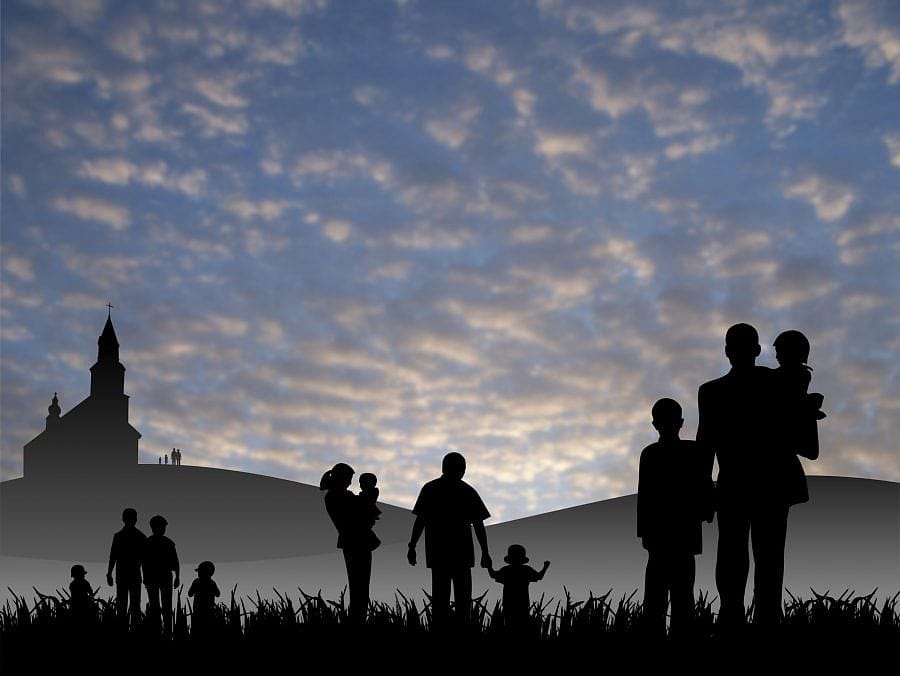If History Rhymes

Within weeks, the Coronavirus shutdown will draw to its inevitable conclusion. Life will settle into a new normal. In the long run, very likely our lives will change modestly. Perhaps we'll maintain a modified "social distance," becoming more like the Victorians and less like modern "huggers." Maybe we'll shake hands less frequently, even in Church pews where Catholics may avoid the post-Vatican II "Sign of Peace" and recapture a traditional sense of Stoic piety. It's possible that we'll think the better of blowing a few hundred bucks on some concert or sporting event that traps us in an enclosed box for several hours amidst the screams and spittle of rabid fans.
One can only hope.
